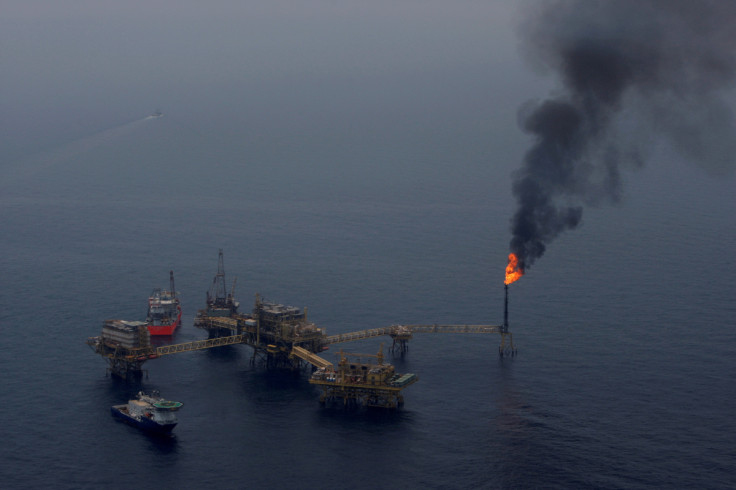COP28 Makes Progress On Methane And Climate Finance; Talks Derailed By Fossil Fuel Phase-Out

International delegates continue to meet in Dubai this week and next for COP28, the annual flagship UN climate and energy conference.
Fifty oil and gas companies, including ExxonMobil and Aramco (but excluding Chevron and ConocoPhillips), signed a non-binding pledge to curtail methane emissions by 2030, it was announced on Saturday. The companies will reportedly curb all methane emissions to "near-zero" by the end of the decade, as well as stopping the regular flaring of natural gas.
Methane is widely considered by climate scientists to be the most damaging greenhouse gas under shorter timeframes. Though methane is released at lower quantities and remains trapped in the atmosphere for a shorter time than carbon dioxide, methane is "more than 28 times as potent as carbon dioxide at trapping heat in the atmosphere," according to the US Environmental Protection Agency.
Progress also continues to be made in the creation of a "Green Climate Fund" at multilateral lending organizations, to be reserved for low-interest loans and equity arrangements for renewable energy and disaster resiliency projects in developing countries. The United Arab Emirates (UAE), the conference's host country, committed $270 billion from its banking system until 2030 in funding for green investments in low-income countries on Monday.
U.S. Vice President Kamala Harris, who is attending COP28 in the place of President Joe Biden, announced on Saturday that the United States would commit $3 billion to the Green Climate Fund.
Fossil Fuel Controversy Swirls
In the background of the noted accomplishments of the COP28 summit is a contentious debate surrounding the future of fossil fuels: whether to phase them out entirely, or to continue their exploitation while somehow managing to reduce carbon emissions to a survivable extent.
"There is no science out there, or no scenario out there, that says that the phaseout of fossil fuel is what's going to achieve 1.5 C ... Show me the solutions. Stop the pointing of fingers." Dr. Sultan Al-Jaber, the president of COP28 and the CEO of Adnoc, the UAE's state-run oil and gas company, said in an interview in late November, the details of which were widely publicized over the weekend.
ExxonMobil CEO Darren Woods took a similar tact in trying to shift the focus of his presence at COP28 away from fossil fuel abatement, claiming "the challenge here is eliminating emissions." High-profile critics quickly voiced their opposition to this sentiment.
"The science is clear: The 1.5C limit is only possible if we ultimately stop burning all fossil fuels. Not reduce, not abate. Phase out, with a clear timeframe," UN Secretary-General Antonio Gutteres said Friday.
Former U.S. Vice President and climate activist Al Gore said that "they are abusing the public's trust by naming the CEO of one of the largest and least responsible oil companies in the world as head of the COP," echoing earlier criticisms of Al-Jaber's leadership.
The IEA projects that no new oil and gas investments can be made if the world hopes to achieve net-zero carbon emissions by 2050, even if carbon capture technologies are enhanced and gas flaring is eliminated.
COP28 continues in Dubai through Dec. 12. Representatives from nearly every major state-owned and private oil and gas company are present at the summit, as well as representatives from OPEC.
© Copyright IBTimes 2025. All rights reserved.






















